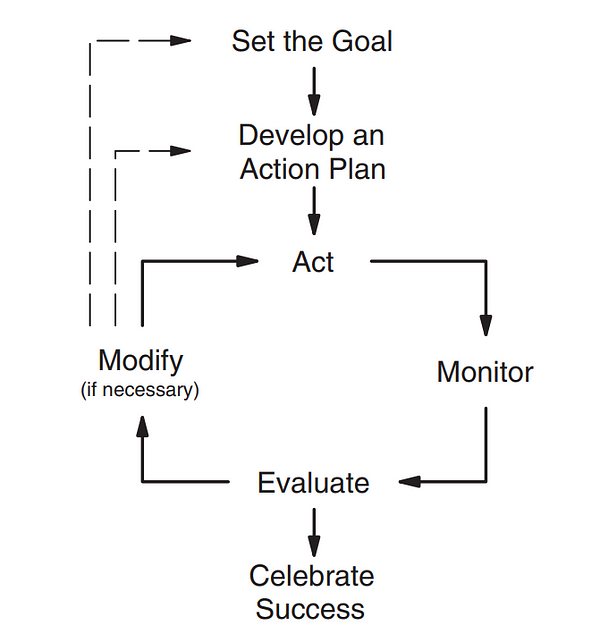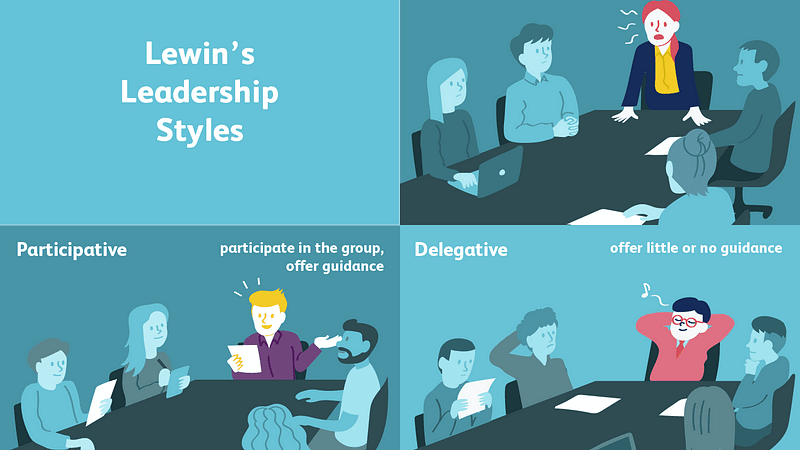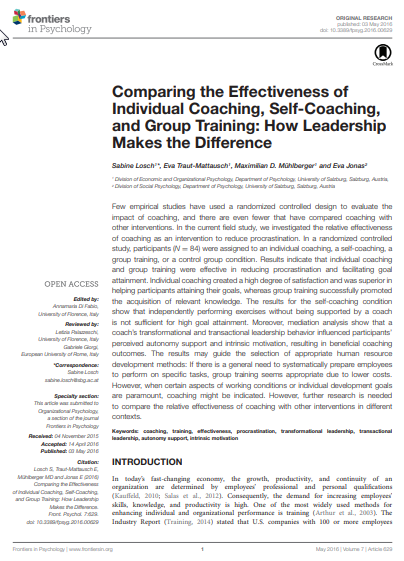Today let’s examine whether you should get a coach or go it alone.
OK, I am a coach, so I may not be 100% independent on this topic but actually I am a fan of self-coaching. 99% (yes that trainerroad % again!!) of athletes are self-coached. There is no reason why you cannot use the latest techniques, buy the latest equipment and keep up to date with the latest literature as a self-coached athlete.
BUT let’s be honest. Have you got the time for this? Wouldn’t you rather outsource this to someone whose job was to keep you up to date? That’s the dilemma of self-coached vs formally coached.
Benefits of Self-Coaching

Self-coaching has some definite benefits…..
- you will learn yourself, which means a deeper understanding;
- you are also “always available” to yourself!
- And yes its cheaper much cheaper. In fact, I want to put out there that some of the fees charged by coaches are frankly ridiculous….$300, $400, $500 per month.
For that price I would want my coach to enter and win my races for me!!
What is Coaching?
Coaching can be defined as a collaborative helping relationship, where coach and client (“coachee”) engage in a systematic process of setting goals and developing solutions with the aim of facilitating goal attainment and personal growth of the coachee. The coachee’s responsibility is to implement action steps to achieve defined goals, while the coach keeps the coachee on track by managing the complex goal attainment process and setting a regular plan of action.

The coaching process is actually pretty simple; det the goal, develop an action plan, implement the plan (using tools if needed), monitor progress, modify as required and achieve success! Simple!
The question is can a self-coached athletes follow this to success every time?
The coaching relationship is about shared goals. The coach helps the coachee attain his or her personal goals and often the coach grows too. Yes the coach learns from every athlete and hopefully the athletes learns from every coach!
Coaching Style
Now not all coaches are the same. You might have discovered that already ;). In fact coaching styles are similar to leadership styles

Autocratic leaders make all the decisions themselves. They do not consult their team, or let them make decisions. Once the decision has been made, they impose it and expect obedience.
Democratic leaders take an active role in the decision-making process but they involve others. They carry the responsibility for seeing that the decisions made achieve the desired outcomes.
Laissez-faire leaders have very little involvement in decision-making, mostly leaving everything up to their team. As long as the team members are capable and motivated this can work, but can create problems if not.
Usually the most effective style of leadership is democratic….but in reality you have to find a coach who is a good match for you, with a style that suits your personality.

Coaching Trials: The Science

Very few empirical studies have used a randomized controlled design to evaluate the impact of coaching. In fact I can only find one good study Losch et al (2016) (link). They conducted a randomized controlled study, where 84 participants were assigned to one of four groups
- individual 1:1 coaching
- self-coaching
- group coaching/training
- or a control group condition.
All participants received a”treatment” ie training of 6 h over a period of 3 weeks, where effectiveness was assessed immediately after the intervention
Results were divided into achieving goals, reducing procrastination, improving satisfaction and drop out.
Achieving Your Goals
As expected, individual coaching was the most effective intervention to facilitate participants’ goal attainment.
Statistics revealed that goal attainment progress was significantly higher for the individual coaching condition (M = 4.04, SD = 1.74) compared to the control group (M = 2.43, SD = 2.46), p = 0.025. The self-coaching (M = 2.00, SD = 2.16, p = 0.607) and group training (M = 3.22, SD = 2.73, p = 0.228) conditions did not significantly differ from the control group
To achieve your goals, individual coaching is the best.
Reducing Procrastination
Participants in the individual coaching and group training conditions reported significantly less procrastination compared to those in the control group. But individual coaching did not significantly differ from group training in the reduction of procrastination.
To reduce procrastination, individual coaching and group coaching are about equal.
Maximizing satisfaction
Overall, satisfaction was highest in individual coaching, but this only marginally differed from group training. There were higher levels of satisfaction for participants in the individual coaching and group training and self-coached conditions compared with the control group.
In terms of satisfaction, individual coaching and group coaching and self-coaching are all equal and better than doing nothing
Completion and Participation
Finally in terms of participation fewest people drop out of individual coaching (15%) and most drop out of self coaching (61%!). Group training (39%) and the control group (30% drop out) were in the middle
In terms of completing your training, individual coaching is way better and self-coaching is worst , with group coaching in the middle

Summary
Coaching should not be a battle or a clash but a mutual collaboration. Your coach should know when to push you and when to let you rest. A coach is more than an automated training plan, that is important but the personal touch is important too. The science (as little as there is!) shows that individual coaching works on almost every level but group coaching and self-coaching can work too (in specific areas). You have to decide how much are you willing to invest in achieving your goals.
…..And by the way, if this is your coach (modelled after the British Cycling style of coaching allegedly!!), I suggest a change.

Citations
2017 Comparing the Effectiveness of Individual Coaching, Self-Coaching, and Group Training: How Leadership Makes the Difference PDF
2009 Executive coaching enhances goal attainment, resilience and workplace well-being: a randomised controlled study The Journal of Positive Psychology PDF
